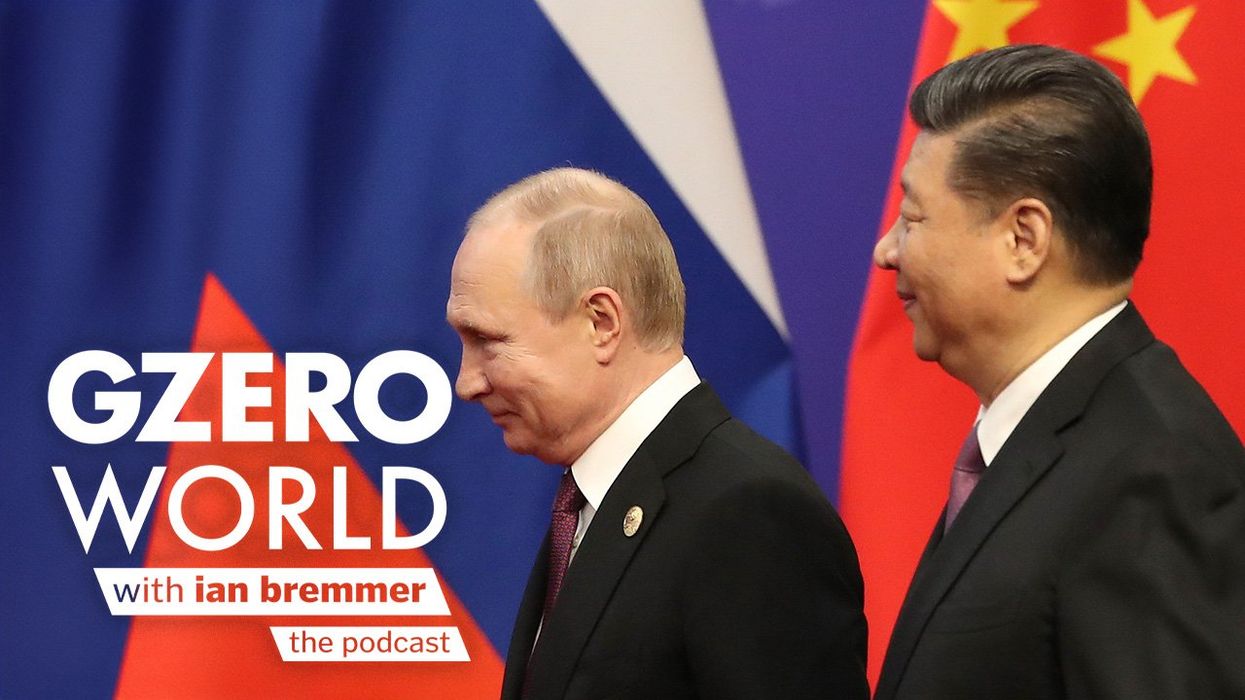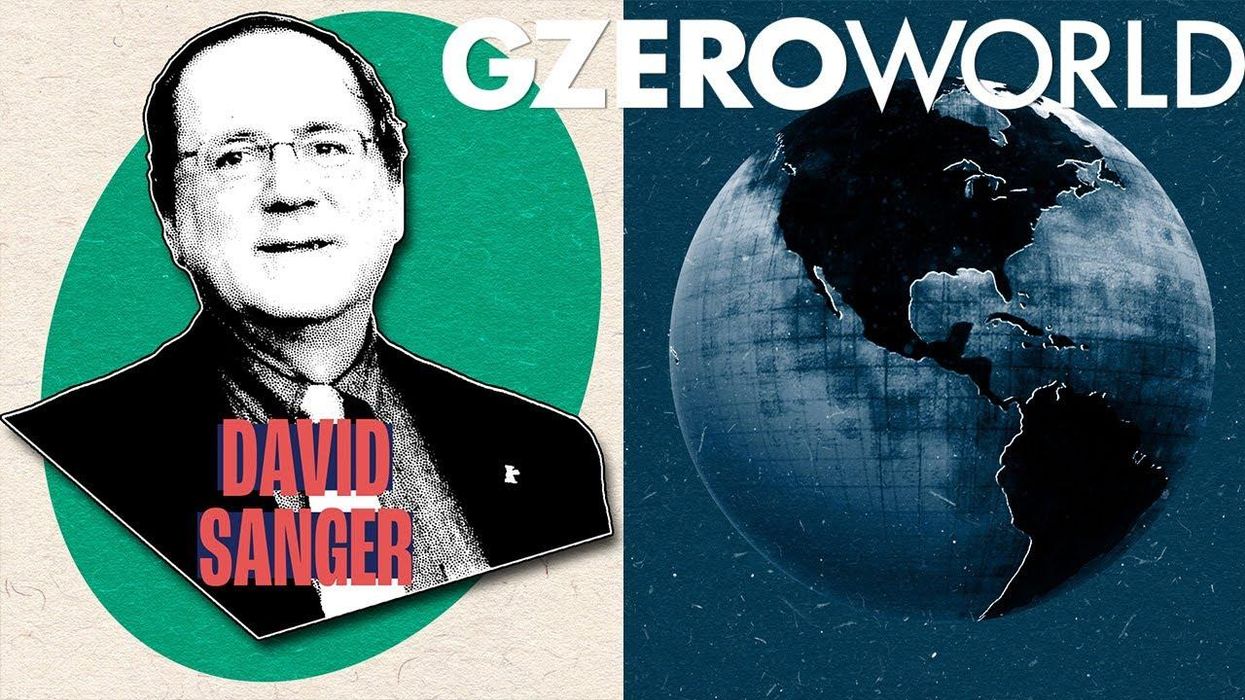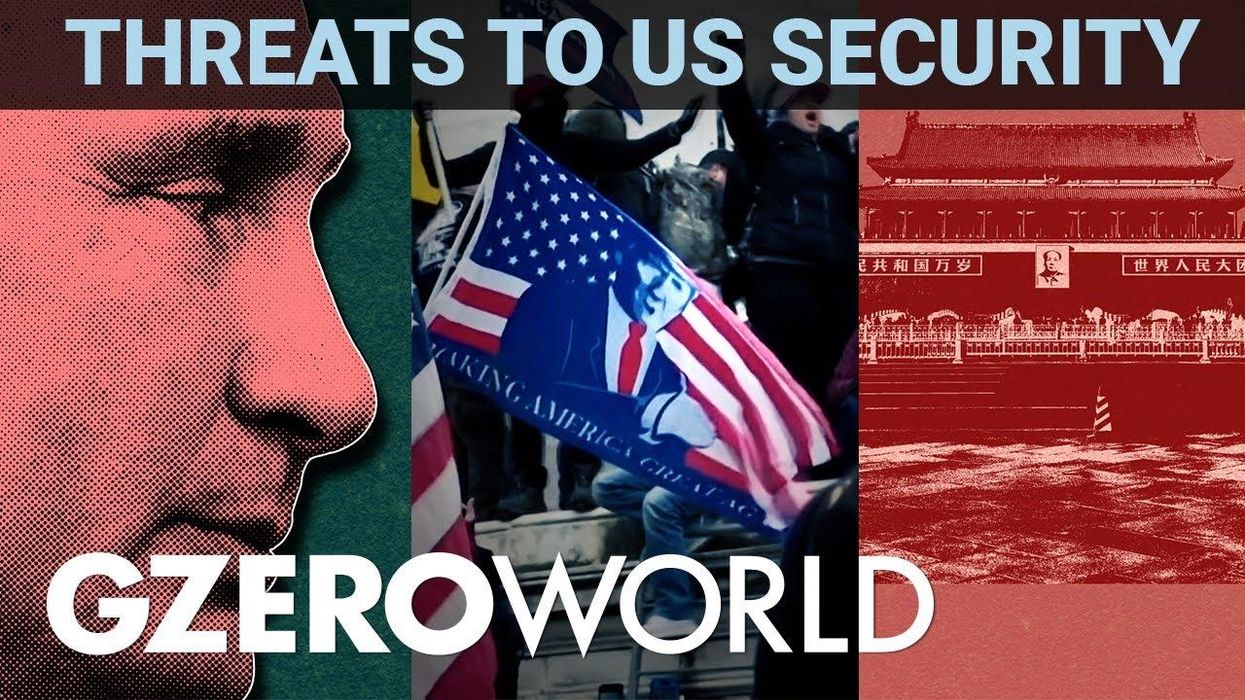GZERO North
Pharma manufacturers face tariff uncertainty
Donald Trump’s administration announced that it is opening investigations into pharmaceutical and semiconductor supply chains, which will likely result in tariffs that will hurt suppliers in Europe, India, and Canada.
Apr 17, 2025





